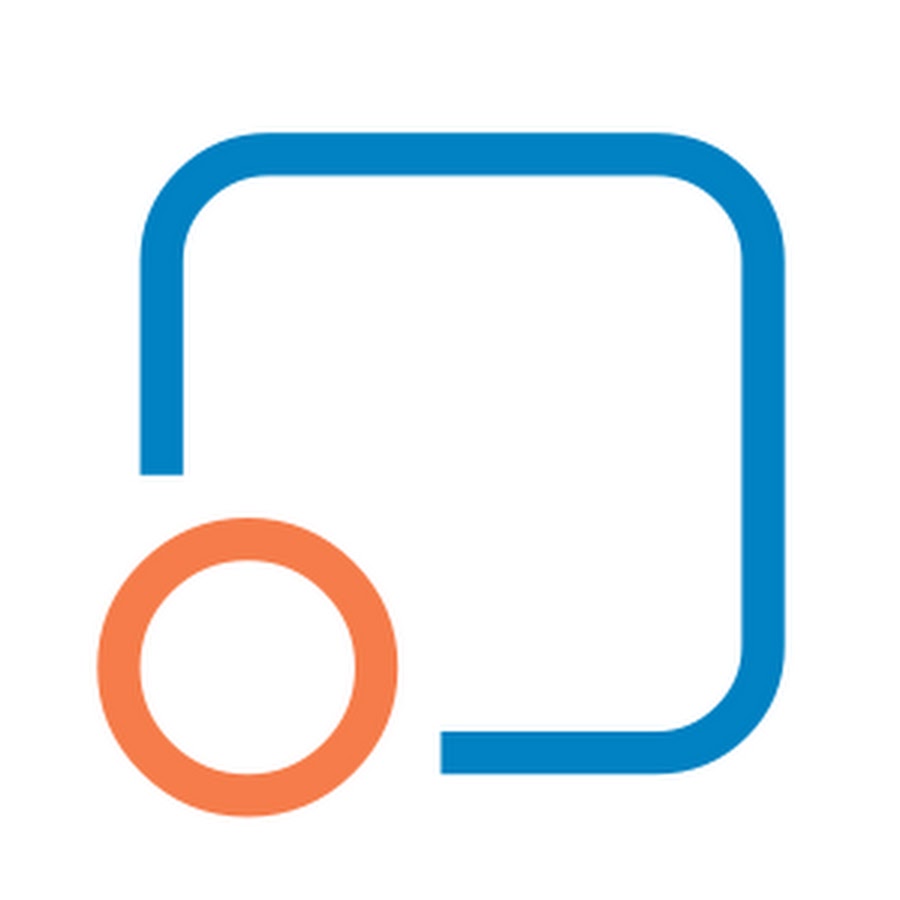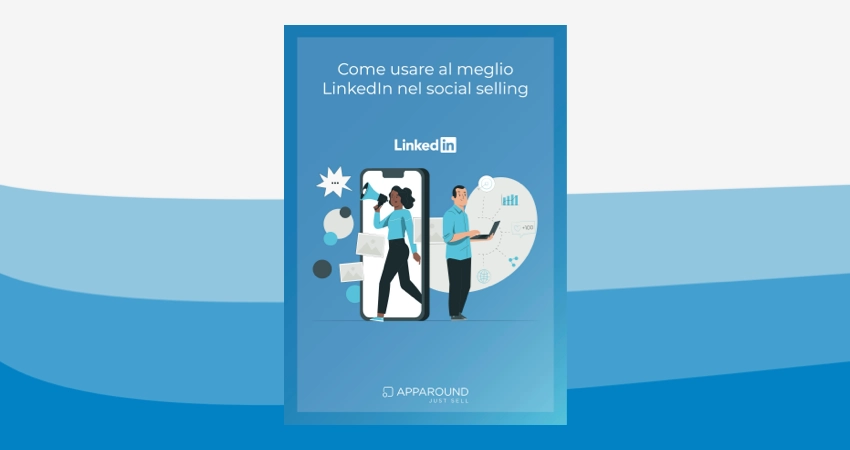Nowadays, companies produce a high number of quotes and are increasingly needing a CPQ solution to be integrated with CRM, in order to make sales activities more efficient.
In this article we will explain the importance of choosing a product configurator that can easily integrate with a CRM software. Specifically because:
-
CPQs are increasingly used by companies
-
CRM-CPQ integration increases sales performance
-
CRM resellers need to be able to offer advanced CPQs
CPQs are increasingly used by companies
A Configure, Price, Quote software research done by StrategyR revealed important data:
-
$1.6 billions was the volume of the global CPQ market in 2020
-
$3.9 billions is the industry growth forecast by 2026
Two other significant percentages must be associated with these numbers, which suggest a definite increase in the use of these solutions:
-
45.5% of CPQ solutions are cloud-based
-
48% of sales teams have been using a CPQ since 2020
This data leads us to think that the use of these software will become of focal importance in the near future.
CRM-CPQ integration increases sales performance

CRMs are tools designed to manage the relationship between a company and its active or potential customers. A tool that can track and improve the entire customer relationship experience, whether related to online or offline activities. Thanks to this tool, companies gain great advantages in terms of organization and information management. CPQ, on the other hand, is critical for sales process management.
Combining the potential of the two software makes it possible to integrate the capabilities of a tool used mainly by the back-office for customer management with a solution that can automate the entire sales cycle. These two systems work well independently, but they find their true synergic strength in integration.
Without this approach, sellers would be forced to compile quotes manually, using brochures and price lists that are not always up to date, resulting in losses of productivity and the possibility of errors and corrections requests by the administration. The ability to combine product configuration, pricing, and quoting in one scalable application across all devices is revolutionizing the way companies sell and customize their products/services.
But that's not all: CPQs can also be used for advanced analytics, thanks to machine learning features that improve sales effectiveness, and many more modules. A must-have for all businesses that do not want to put limits to their improvement process.
CRM resellers need to be able to offer advanced CPQs
An IT company reselling an excellent CRM must also be able to provide an integrable CPQ solution. Just by reading the data that emerged from the StrategyR study, the benefits that integration between the two systems can give a company are clear.
It is critical, however, for the two software to be seamlessly integrated so that, for example, the seller can retrieve information regarding a customer/company and leverage it to automatically fill out an offer or contract.
For example, Apparound, a solution that is fully compatible with all enterprise CRM systems, including Microsoft Dynamics 365 and Salesforce, allows both assigned opportunities and customer or prospect data in the CRM to be retrieved in the product configurator.
At the same time, the moment an offer is composed or a contract is closed through the product configurator, all data will be automatically brought back into the CRM, allowing the agent to focus and focus only and exclusively about the sale.
The reseller must pay special attention to this aspect, because although both platforms are designed to increase sales efficiency and productivity, the success of this union depends on the quality of their integration.
If the CRM-CPQ integration is weak or incomplete, salespeople will struggle to use both tools, generate friction in business sales processes, and probably end up not using one or the other.
On the contrary, if the integration is complete and properly set up, it will be able to greatly improve the management of sales processes and workflows from the pre-sales phase to the moment of negotiation and closing of the contract, giving a significant boost to corporate and salesperson productivity.




